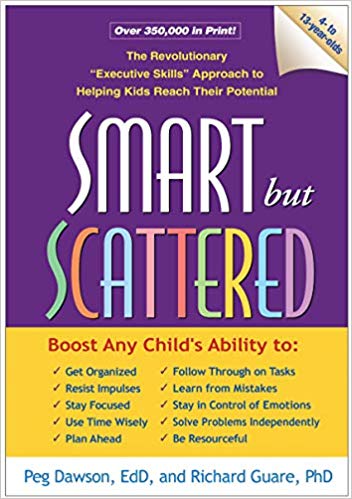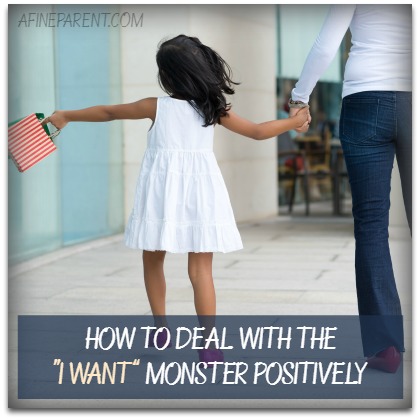 I hate shopping with my children.
I hate shopping with my children.
There. I said it. And I’ll say it again.
I hate shopping with my children.
There is nothing I dread more than taking my kids into a store. Any store. Grocery. Clothing. Toys. Especially toys.
It’s not that they are bad children. They are well-behaved for the most part. But at some point, as we are wandering around the store, the “I WANT” Monster appears.
The “I WANT” Monster is a wild little Tasmanian devil. He comes whirling and spinning out of his cave at the first scent of anything bright and shiny and new.
“I want this.”
“Can I have that?”
“I need these.”
“Please, please buy me those.”
Everything around them is a candy-colored rainbow. It’s sooooo tempting.
“I just can’t stand it!” panted my 7-year-old son, standing in the Star Wars aisle of Target, tortured by the clones and Jedi surrounding him.
Me either, son.
What’s with all this greed? Where does the “I WANT” Monster come from anyway?
Every child wants things. Heck, we all want things. Just today I was tempted by a really pretty China bowl with metal hummingbird on the rim and a hot pair of heels that would look perfect with a dress I have.
In a world of television and social media overload, our society has pushed “keeping up with the Jones’s” to a whole new level. It’s hard to curb materialistic desires, but here are 5 techniques that can help.
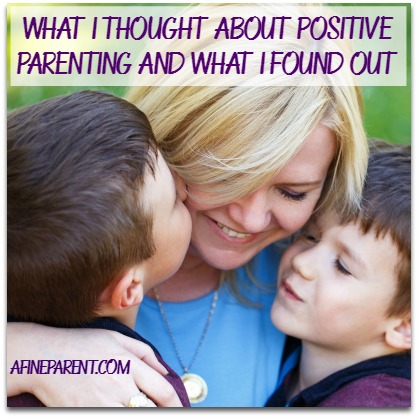 “Okay, Buddy, it’s time to put your shoes on. We have to go.”
“Okay, Buddy, it’s time to put your shoes on. We have to go.”
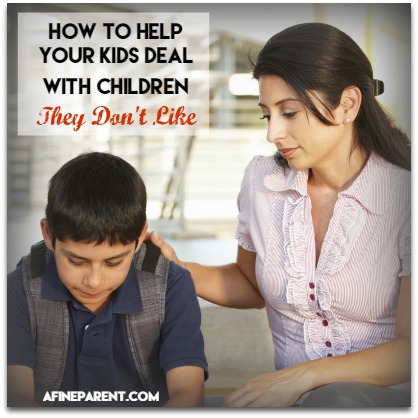 “Mom, do I really have to invite him to my party? I don’t like him!”
“Mom, do I really have to invite him to my party? I don’t like him!”
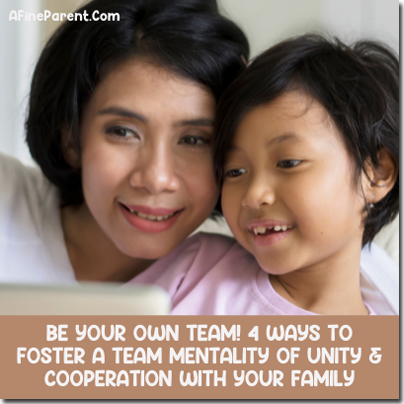 It was the Monday after a weekend of having guests in the house and the messy aftermath was demanding my attention…as was my 3-year-old daughter. She wanted me to watch her dance, draw with her, play blocks; it seemed to be even more urgent now that there was a load of laundry to hang out and vacuuming to be done.
It was the Monday after a weekend of having guests in the house and the messy aftermath was demanding my attention…as was my 3-year-old daughter. She wanted me to watch her dance, draw with her, play blocks; it seemed to be even more urgent now that there was a load of laundry to hang out and vacuuming to be done. 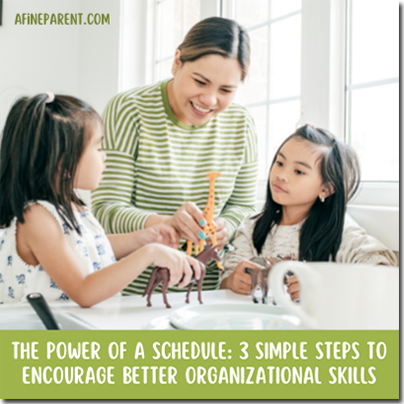 Coming home from work at six in the evening, I stared in dismay as I stepped into my daughter’s room. Her school books lay untouched and her room looked as though a cyclone had recently touched base.
Coming home from work at six in the evening, I stared in dismay as I stepped into my daughter’s room. Her school books lay untouched and her room looked as though a cyclone had recently touched base. 